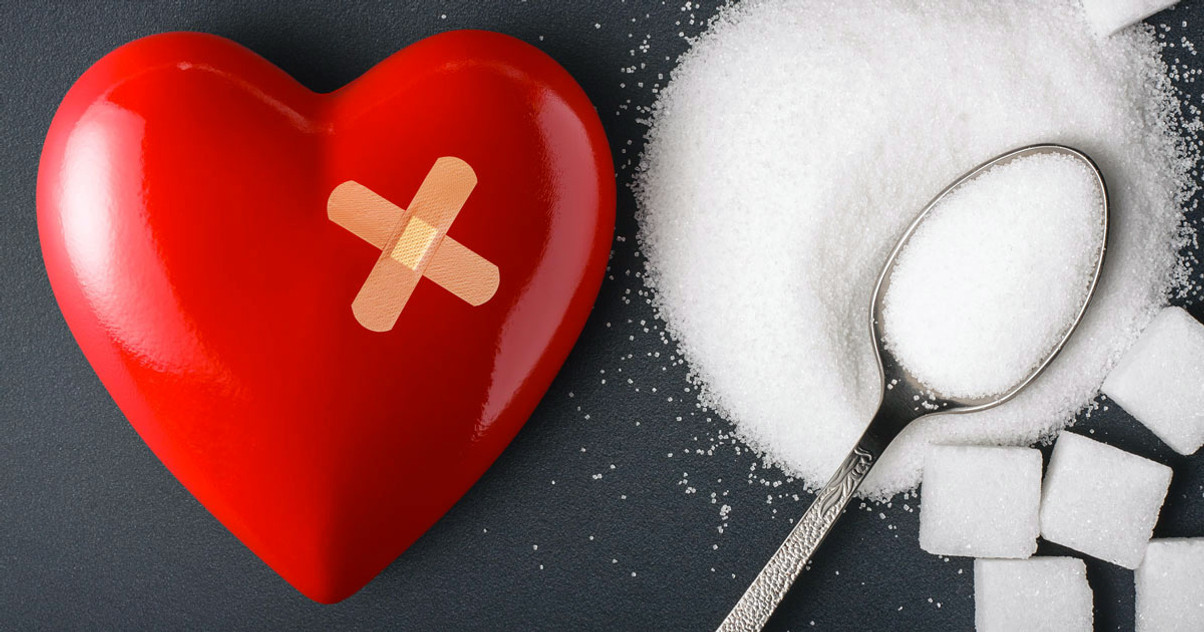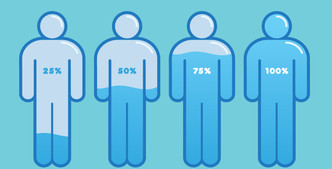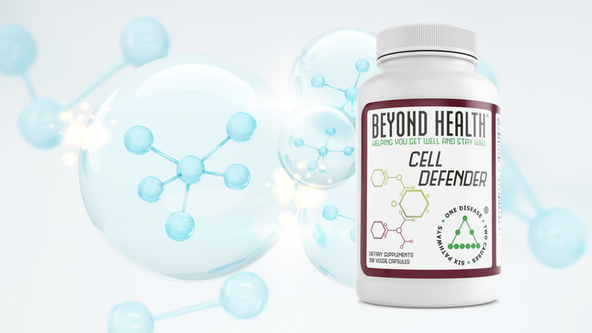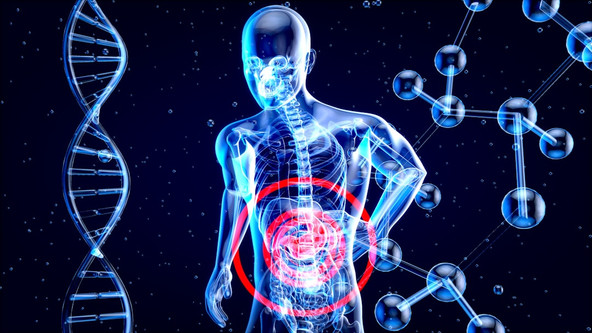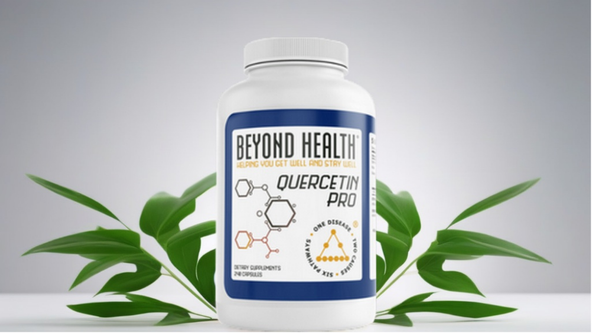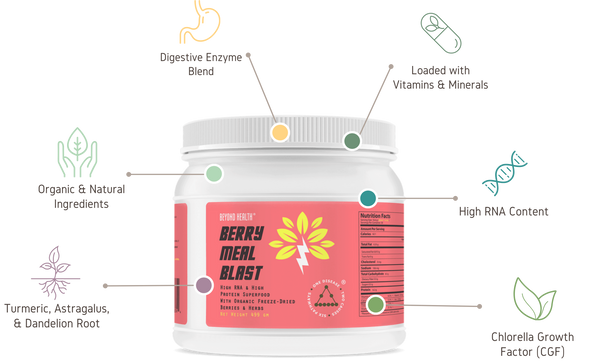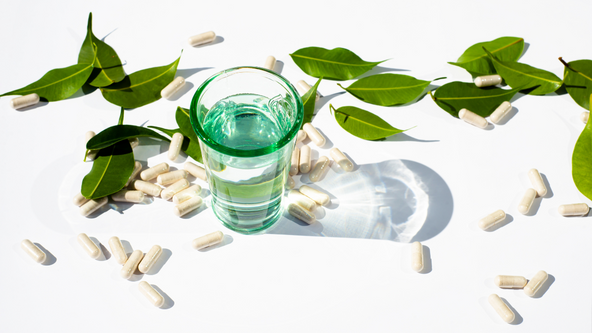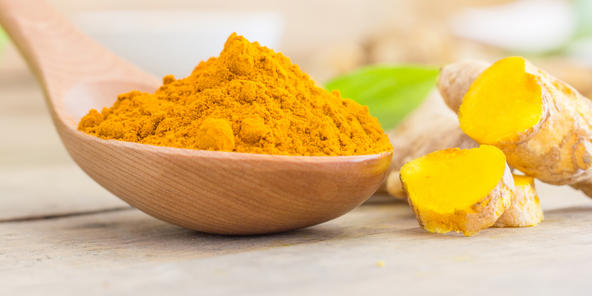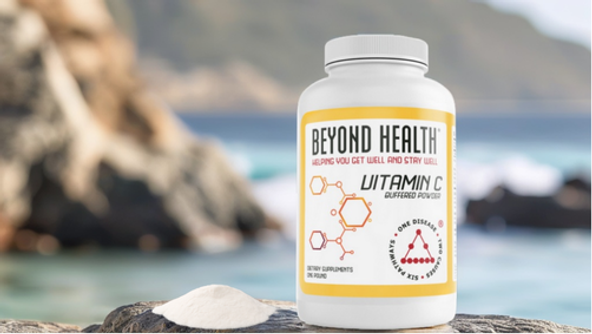Jul 14th 2025
Sugar and Hypertension
For years, Beyond Health has recommended limiting fruit consumption to two pieces of fruit per day and avoiding fruit juice altogether. Although fresh fruit is a good source of nutrients, it’s also high in sugar, and sugar, even from healthy sources, can be detrimental if you get too much of it. Although a diet high in fruits and vegetables is often recommended for lowering blood pressure, studies have found that high fruit consumption is not associated with lowered blood pressure and can even cause elevations in blood pressure. How would eating fruit lead to higher blood pressure? It’s the sugar in the fruit that’s the problem. Fruit contains two kinds of sugar—50% glucose and 50% fructose. And they each impact blood pressure. High fructose corn syrup is also composed primarily of glucose and fructose—42% glucose and 55% fructose. Under normal, healthy circumstances, if you eat a piece of fruit, the glucose will cause sugar levels in your blood to rise so…
read more Fuel your life with the purest vitamins
Fuel your life with the purest vitamins
